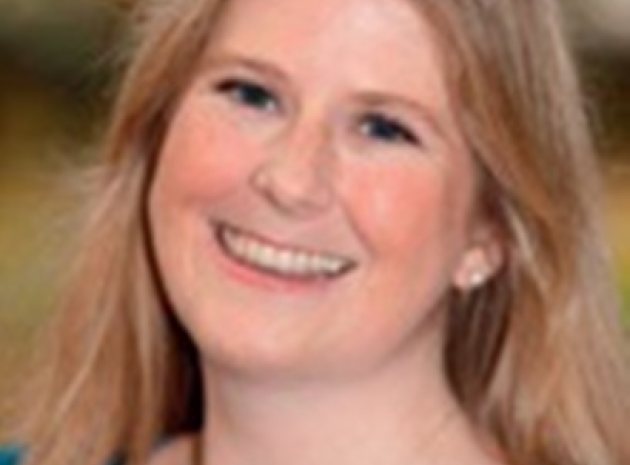No matter what your situation, everyone could do with a little helping hand on the basics of good money management, and teachers are no different. With financial education on the national curriculum for the first time ever, what better time to revisit your own finances, get to grips with what works for you and take steps to start planning ahead?
The real key to making your money stretch as far as possible is to have a plan… maybe even two or three. Planning ahead financially isn’t just for the super-rich with their off-shore accounts and accountants. It is something we all need to do to ensure we are making the most of what money we do have without risking the roof over our head or the food on our plate.
Plan one
The first plan is all about getting to grips with your day-to-day spending. Look at what you earn and what you have to spend on the real essentials. The key words being ‘have’ and ‘real’. Many of us would claim that we can’t live without our smartphone or that annual week in the sun, but real essentials are: a roof over your head; heat and electricity; food; clothes, and transport. Additionally there are various government taxes (e.g. income tax, council tax) that we legally have to pay. But even within essential items, we do have some choice over what we spend – you may need a car to get to work, but you can choose how economical, or otherwise, it is to drive.
Once you have pinned down the essentials, you then know how much you have remaining each month for everything else. Make a plan that covers your spending over a whole year, remembering to include things you do only once or twice a year as well as those that come up each week/month. If you add up everything, you’ll probably find that your expenditure exceeds your income. Then it’s about evaluating what is most important to you and cutting out the rest – trying to live with a deficit budget will end in tears sooner or later. If you have a partner and/or children, it is vital that everyone’s priorities are taken into consideration and a reasonable balance found.
Plan two
Write a list of some key life goals and honestly evaluate how much money you need to make them happen. Ask yourself what you could give up to allow you to save towards these goals? Perhaps your aim is to be comfortable in retirement or buy a home. Most major life events come at a price, and this is certainly true of buying a home or retiring. But, make a plan now to get the finances together and you can start to feel more in control of your money and prepared for any eventuality. Whether you already have a mortgage or are looking to take one on in the future, one of the main things to consider is the impending hike in interest rates. Whilst interest rates are so low, it might be tempting to take on the biggest mortgage or loan you can. But how would you cope if they increased? It is crucial to understand your mortgage deal and have a clear picture of what this would mean for your own monthly repayments to avoid additional stresses on your household budget.
Understanding the value of saving is beneficial in itself, but making an individual choice about where to deposit your money in order to get a good return on your investment, maximise the available interest, or take advantage of tax-free accounts, is invaluable. There are lots of different types and forms of savings, including some financial services organisations that offer financial products that exclusively cater for teachers, so look beyond the high-street. Take your time, weigh up the pros and cons, and then decide the best course of action for your hard earned cash.
A helping hand
If you decide that you want to get serious about Plans One and Two then take a look at The Money Charity website (themoneycharity.org.uk). You’ll find helpful articles, videos and our free online Budget Builder that allows you to get a budget written up in no time.
Sometimes when drawing up a plan, repayment of debt gets in the way of either saving towards goals or even getting a budget to balance. It is important to get on top of this aspect of your finances early on in your planning. If you feel you need a bit of extra help creating a structured plan for paying off your debts, by diverting money away from non-essential spending – try contacting a source of free, independent money advice such as StepChange Debt Charity.
Whether you are starting out as a TA or are two terms away from retirement, taking a long hard look at what you have been doing with your money and deciding whether you could make better choices for you and your family, both now and for the future, will help make your world turn more smoothly.
ABOUT THE AUTHOR
Michelle Highman is Chief Executive of The Money Charity, the UK’s leading financial capability charity. It provides free, interactive and engaging Money Workshops for schools and colleges, delivered by experts and mapped to the new national curriculum.
- Browse by subject
- Maths & Science
- English & MFL
- Humanities
- The Arts
- I.C.T
- Outdoor Learning










